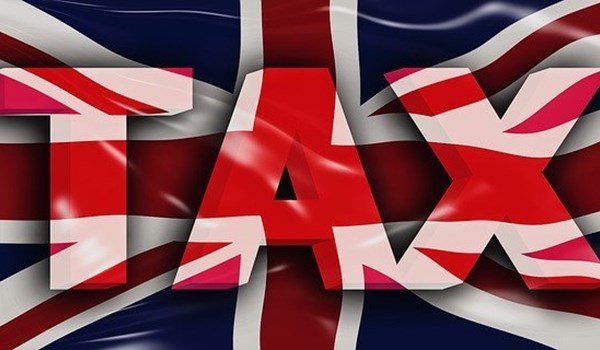Credit Suisse violated a 2014 agreement with United States authorities by continuing to help the wealthiest Americans avoid taxes and hiding more than $700 million from the government, the Senate Finance Committee reported.
After concluding a two-year investigation into the bank, which agreed this month to be bought over financial problems by rival bank UBS, the commission says it has uncovered “major violations” of the 2014 deal between the Swiss bank and the US Department of Homeland Security. of Justice, enabling fiscal evasion.
The new owner, UBS bank or the Swiss government, should take responsibility for any future fines, the commission said, calling on the US Internal Revenue Service (IRS) and the Justice Department to investigate whether Credit Suisse should face consequences. others.
Among the violations is a failure to report nearly $100 million in secret shell accounts belonging to a single family with dual US and Latin American citizenship, which it says may be criminal activity.
In an emailed statement, Credit Suisse said it did not tolerate tax evasion and cooperated with US authorities.
“Credit Suisse’s new leadership team has cooperated with the committee’s investigations and supported Senator Wyden’s work, including suggested policies to help strengthen the financial industry’s ability to detect Americans trying to hide their activities. ”, says the bank’s statement, which refers to the chairman of the Senate Finance Committee, Ron Wyden.
The UBS-Credit Suisse deal is putting Switzerland’s reputation at risk
Read too
The UBS-Credit Suisse deal is putting Switzerland’s reputation at risk
The senator said in a statement that, “at the center of this investigation are greedy Swiss bankers and sleepy government regulators. The result appears to be a massive, ongoing conspiracy to help very wealthy American citizens avoid taxes and rob other Americans.”
The United States Department of Justice did not immediately respond to a request for comment.
In 2014, Credit Suisse became the largest bank in 20 years to plead guilty to a US criminal charge, agreeing to pay a $2.5 billion fine. The bank was accused of helping American citizens avoid taxes through illegal activities for several decades. The fine followed a string of scandals that rocked Switzerland’s second-biggest lender and then contributed to its takeover by UBS bank.
Last year, the bank pleaded guilty to defrauding investors in connection with an $850 million loan to Mozambique, and in June the bank was convicted by the Swiss Federal Criminal Court of failing to prevent money laundering by a Bulgarian money-trafficking gang. cocaine.
Earlier this month, Swiss authorities tried to avert bankruptcy for Credit Sussie as it was bought by UBS.
The Credit Suisse bank crisis – what is happening in the financial markets?
Read too
The Credit Suisse bank crisis – what is happening in the financial markets?
According to the US Senate Committee, Credit Suisse bankers helped a family with American citizenship and from a Latin American country, which they called “The Family”, to hide nearly 100 million dollars from the IRS by enabling the concealment of its activity for almost a decade.
The bankers disguised the fact that the family members had U.S. citizenship, and then when they closed the accounts in 2013, they transferred the funds to other banks in Switzerland and elsewhere without notifying the Justice Department, as required by the 2014 plea agreement when the bank pleaded guilty.
Credit Suisse’s former head of private banking in Latin America played an important role in managing the account, the commission says. A source with knowledge of the matter said the bank account was known to the “Colombian family”.
The Senate committee said the bank unmasked the accounts in question, as well as those of an American businessman hiding $220 million, only after whistleblowers notified American authorities. The commission says the findings in Switzerland have only highlighted a small part of the problem.



